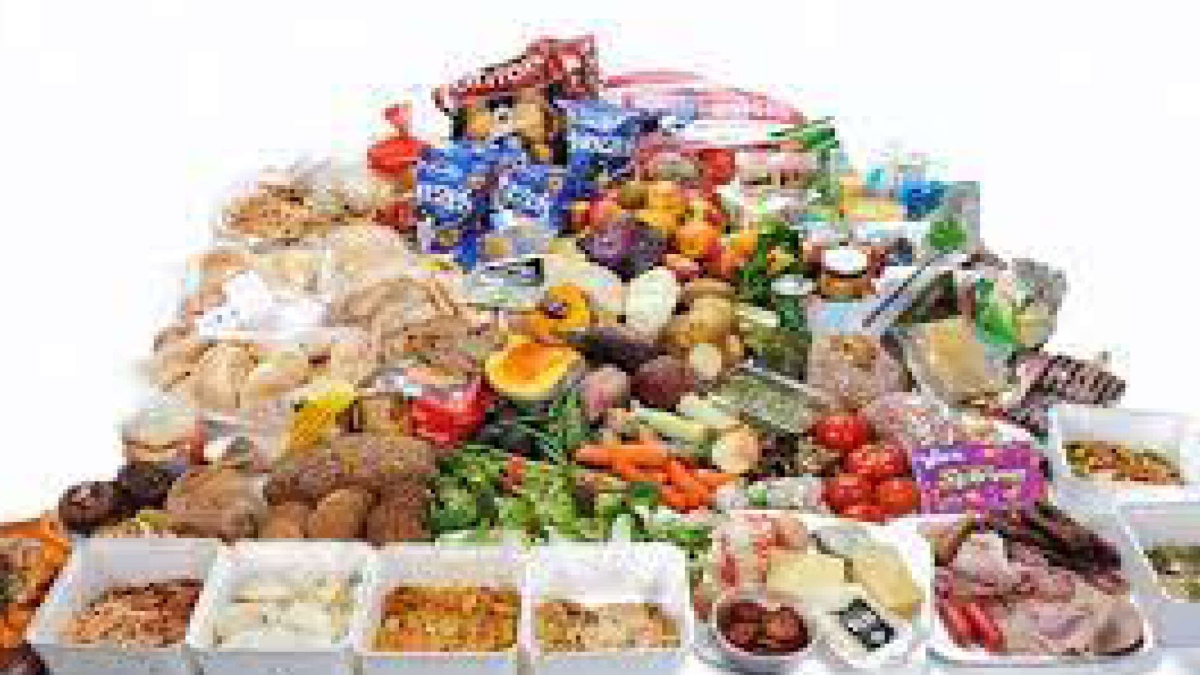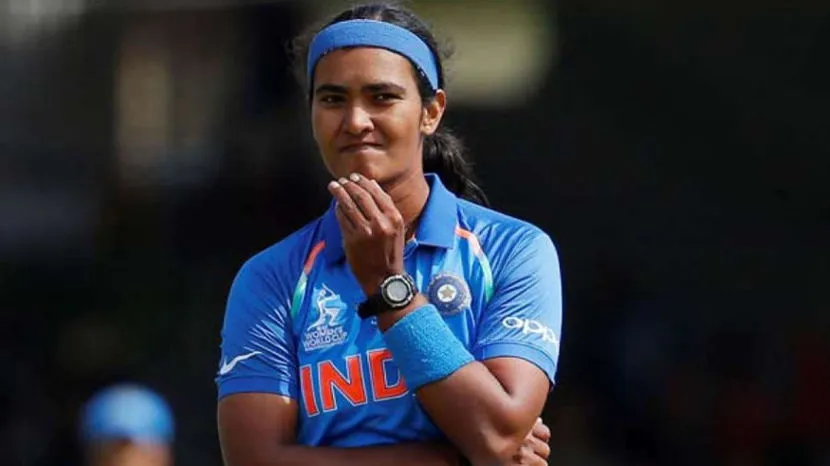Expressing serious concern over the lack of proper global regulation on technologies affecting the food system, India is considering suggesting to the Food and Agriculture Organization of the UN to facilitate discussions on an international protocol or an agreement or a global authority on such technologies. “There are a lot of technological changes happening. In many cases, we do not have the right kind of regulation to ensure proper use of such technologies. Should we be asking the Food and Agriculture Organization of the UN to help prepare some global protocol on whatever technologies are coming? So, could we or should we have some kind of global agreement on these or should a global authority be advising on these,” Professor Ramesh Chand, Member, NITI Aayog, said. He was speaking at a webinar organised by Research and Information System for Developing Countries (RIS) and NITI Aayog on ‘National Consultation on Issues Before the UN Food Systems Summit’.
The event was held in the backdrop of the UN announcing that a Food Systems Summit (FSS) will be held in September 2021 in conjunction with the UN General Assembly. This Summit has assumed wider significance in the context of ongoing COVID-19 pandemic which exposed the fragilities in global food systems and their vulnerabilities to external shocks. Prime Minister Narendra Modi is expected to deliver his address during the summit. The 2021 FSS event has outlined five cross-cutting Action Tracks such as: Ensuring Access to Safe and Nutritious Food; Shift towards Healthy and Sustainable Consumption Patterns; Boosting Nature Positive Production at Sufficient Scale; Advancing Equitable Livelihoods; and Building Resilience to Vulnerabilities, Shocks and Stresses.
In his valedictory address, Jayant Sinha, Member of Parliament and Chairperson, Parliamentary Standing Committee on Finance drew upon contemporary challenges of agriculture livelihoods, and the emerging transformative changes and new institutional mechanisms in India for value creation through modern food processing system, with equal emphasis on sustainable food ecosystem. He duly stressed on the importance of access to markets and investments in this sector.
Speaking on the occasion, Professor Sachin Chaturvedi, Director-General, RIS, said given the food security concerns of the developing world, India has volunteered for Action Track 4 (that is related to advancing equitable livelihoods). He said the Indian government, through its food security welfare scheme, Pradhan Mantri Garib Kalyan Anna Yojana, reached out to the masses including the migrant labour and ensured their food security during the COVID-19 pandemic.
Experts at the meeting spoke about the inequities being perpetrated in the global agriculture system with developed countries trying to formalise their first mover advantage in the World Trade Organization negotiations by not agreeing to reducing their trade distorting subsidies, and instead have not only brought in non-tariff barriers in the form of sanitary and phytosanitary or SPS measures but are also putting pressure on the developing countries to cut tariffs. Mr. Pawan Kumar Agarwal, Special Secretary (Logistics), Ministry of Commerce and Industry, though trade issues were only a small subset of the UN food systems discussions, they should be now highlighted from the perspective of hunger, safety and livelihood. There is also a need to advance the work on revisiting global and regional arrangements of food safety so that they are looked at from the objectives of the UN FSS, he said. The webinar addressed various issues related to ‘livelihood security and impli cations for trade in agriculture’ and ‘equitable access to technology for sustainable food systems.’













